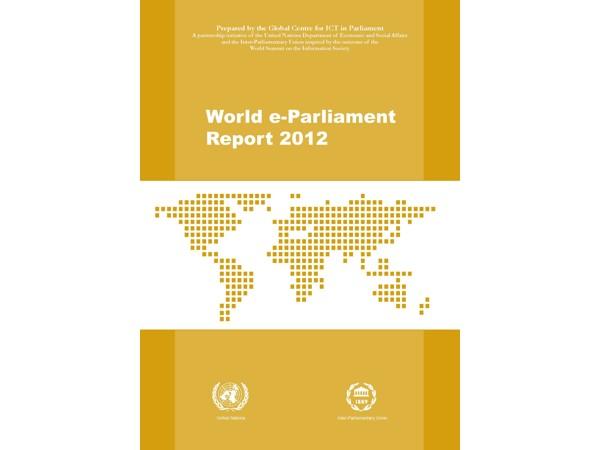| Reports | Transformational Leadership and New Mindsets
Report on Changing Mindsets to Realize the 2030 Agenda for Sustainable Development
The idea of producing a publication on Changing Mindsets to Realize the 2030 Agenda for Sustainable Development was conceived in 2019 as a follow-up to the workshop on “Mobilizing and Equipping Public Servants to Realize the 2030 Agenda”. The…
| Policy Briefs | Local Governance | Public Institutions
UN/DESA Policy Brief #115: Horizontal and vertical integration are more necessary than ever for COVID-19 recovery and SDG implementation
Horizontal and vertical integration are more necessary than ever for COVID-19 recovery and SDG implementation
Summary
By putting stress on national socio-economic systems, the COVID-19 pandemic has exposed new tensions and trade-offs among policy…
| Policy Briefs | Participation and Accountability | Public Institutions
UN/DESA Policy Brief #114: Connecting the Dots: The Still Elusive Synergies Between Accountability Institutions and the Follow-up and Review of the Sustainable Development Goals
The 2030 Agenda highlights the importance of the follow-up and review of the Sustainable Development Goals (SDGs) as an accountability mechanism and sets clear principles to guide it. Accountability institutions such as parliaments and supreme audit…
| Policy Briefs | Digital Government
UN/DESA Policy Brief #92: Leveraging digital technologies for social inclusion
Leveraging digital technologies for social inclusion
Key messages
COVID-19 is accelerating the pace of digital transformation. In so doing, it is opening the opportunities for advancing social progress and fostering social inclusion, while…
| Policy Briefs | Digital Government | Open Government Data
UN/DESA Policy Brief #89: Strengthening Data Governance for Effective Use of Open Data and Big Data Analytics for Combating COVID-19
Strengthening Data Governance for Effective Use of Open Data and Big Data Analytics for Combating COVID-19
Summary
Governments are highly dependent on all data including official statistics, administrative data, open data and big data analytics…
| Policy Briefs | Transformational Leadership and New Mindsets
The Role of Public Service and Public Servants during the COVID-19 Pandemic
Key messages:
1. Comprehensive public service capacity development: Governments must pay attention to developing the capacities of the public service and public servants; be it in their numbers, their competences, values, the protective gear…
| Policy Briefs | Participation and Accountability | Public Institutions
Resilient Institutions in Times of Crisis: Transparency, Accountability and Participation at the National Level Key to Effective Response to COVID-19
National institutions are strongly impacted by the coronavirus (COVID-19). The pandemic has disrupted to varying extents the regular functioning of state institutions, such as parliaments and justice systems, and affected key government functions…
| Policy Briefs | Public Institutions
COVID-19: Reaffirming State-People Governance Relationships
The emergence and spread of the coronavirus in late 2019 and the impact of its disease, COVID-19, which has been categorized by the World Health Organization as a global pandemic, is, at the time of writing, ongoing.
Efforts by governments to…
| Policy Briefs | Digital Government
COVID-19: Embracing Digital Government During the Pandemic and Beyond
The COVID-19 pandemic is forcing governments and societies to turn toward digital technologies to respond to the crisis in the short-term, resolve socio-economic repercussions in the mid-term and reinvent existing policies and tools in the long-term…
| Reports | Public Institutions
World e-Parliament Report 2012
The World e-Parliament Report 2012 documents the efforts of legislatures to use information and communication technologies (ICT) to support their constitutional functions. The Report is based on the Global Survey of ICT in Parliaments 2012 conducted…
| Reports | Public Institutions
World e-Parliament Report 2010
Prepared by the Global Centre for ICT in Parliament, a broad partnership initiative of the United Nations Department of Economic and Social Affairs (DESA) and the Inter-Parliamentary Union, the World e-Parliament Report 2010 offers parliaments a…
| Reports | Public Institutions
World e-Parliament Conference Report 2009
The World e-Parliament Conference 2009 took place at the U.S. House of Representatives in Washington, D.C., on 3, 4 and 5 November 2009. The conference was co-organized by the United Nations, the Inter-Parliamentary Union, the U.S. House of…
 Bienvenidos a las Naciones Unidas
Bienvenidos a las Naciones Unidas










